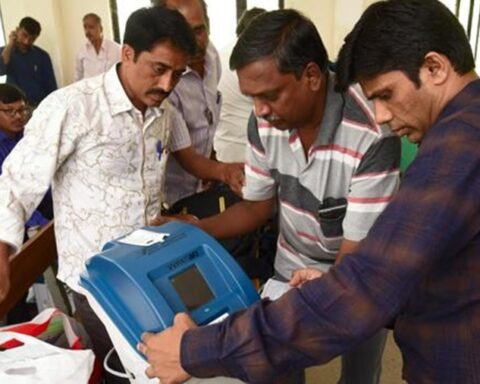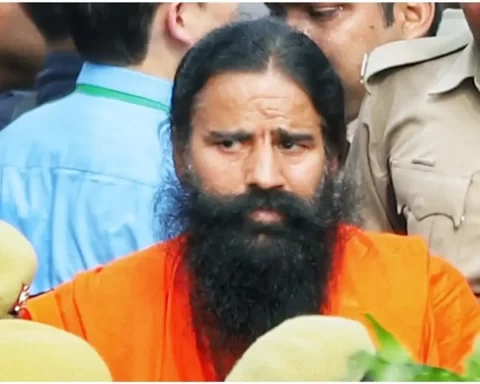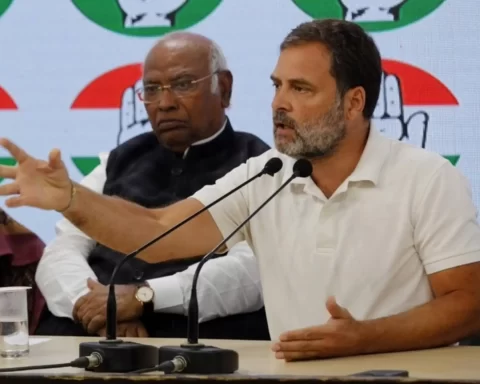New Delhi, August 28: Retirement age is a policy matter that lies within the concerned state government or central government and it is not for the courts to prescribe a different age of retirement from the one applicable to government employees under the relevant service Rules and Regulations, the Supreme Court said in a recent judgment.
The Supreme Court has dismissed a petition filed by a group of teachers in Homeopathic Medical Colleges in Kerala seeking increase of their retirement age from 55 years to 60 years at par with the teachers of other Medical Colleges.
The Bench of Justice Hima Kohli and Justice Rajesh Bindal refused to entertain the petition on the grounds that the age of retirement was purely a policy matter, which fell under the domain of the concerned state government or central government.
The petitioners had moved the Apex Court in 2010 against the Kerala High Court verdict, which refused to grant them relief in the matter.
In April 2012, while the appeal was pending in the Supreme Court, the Government of Kerala enhanced the age of superannuation of teaching staff in Homeopathic Colleges to 60 years.
The state government further enhanced the retirement age of teachers in Ayurvedic and Dental Colleges in 2012. The appellants, therefore, sought an alternate relief for retrospective application of the 2012 Government Order to them.
Rejecting the plea last week, the Bench observed that it was not the courts’ job to prescribe a different age of retirement from the one applicable to government employees under the relevant service Rules and Regulations.
Besides, this court could not direct the state to extend the age of retirement of the staff teaching in Homeopathic Colleges, it noted.
It further took into account the reason given by the state government to increase the retirement age of other Medical Colleges – dearth of experienced staff.
The Bench also refused to extend the benefit of retrospective application to the 2012 Government Order, which increased the age of retirement of Homeopathic Medical Doctors.
The Apex Court said that the state has to take a call on whether the circumstances demand extension of the age of superannuation in respect of a set of employees or not. It further noted that the state would have weighed all the pros and cons before arriving at any decision to grant the extension.
As per the Bench, when a cut-off date was fixed, some employees were always left out. However, this would alone not make the decision bad.





